Sunday Feb 15, 2026
Sunday Feb 15, 2026
Tuesday, 18 June 2019 00:00 - - {{hitsCtrl.values.hits}}
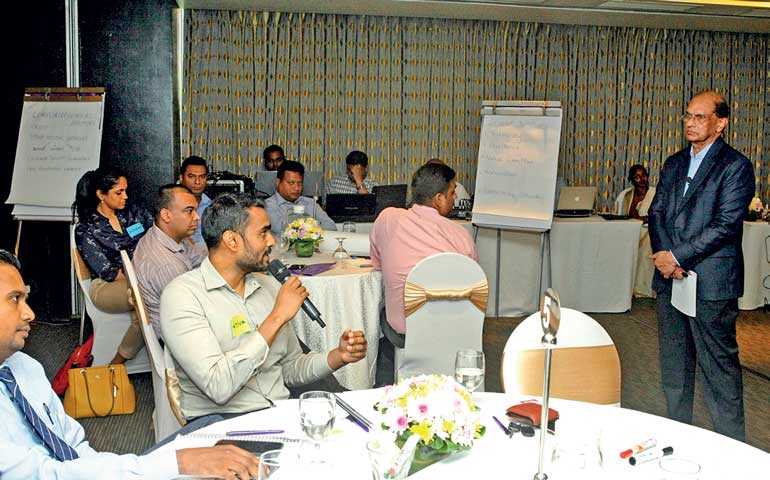
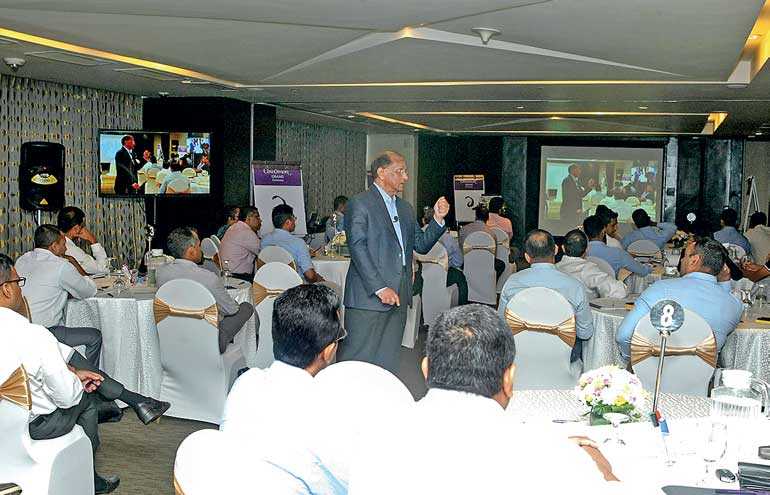
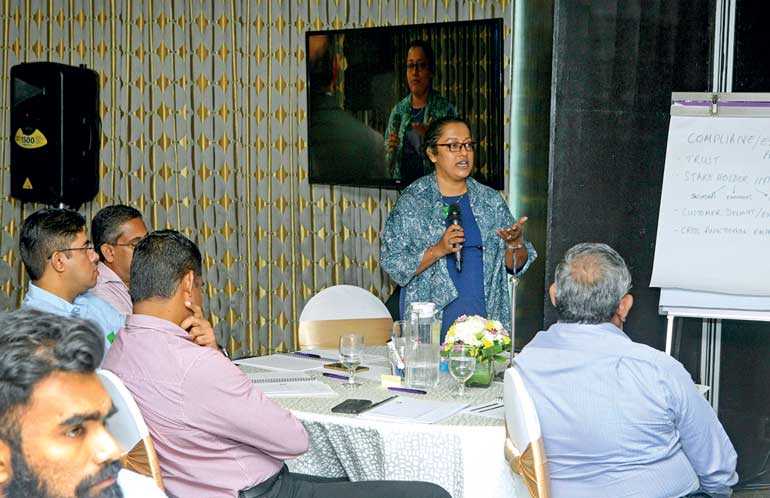
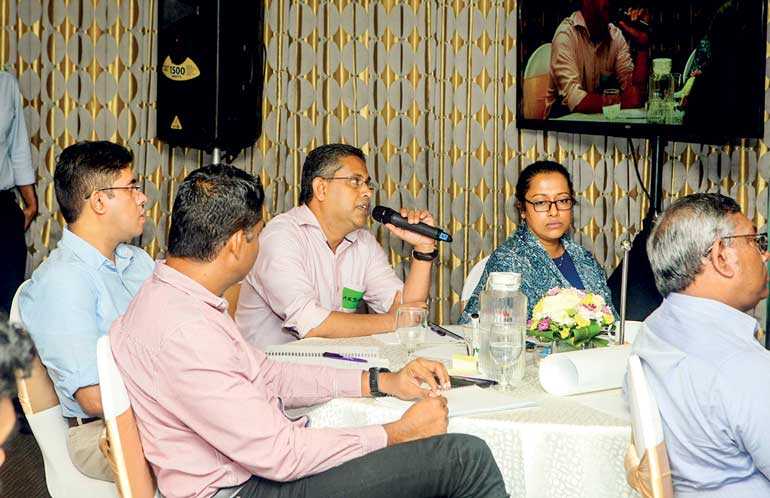
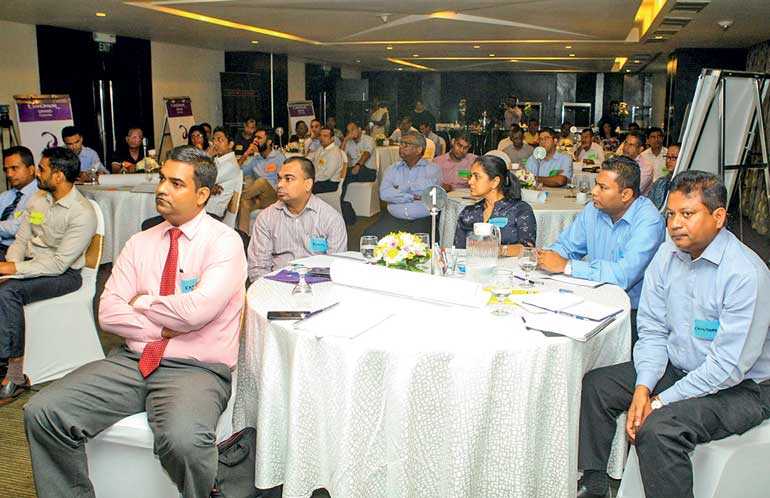
By a Special Correspondent
“This workshop is significantly different from the others in that the content is rife with actual touchy-feely experiences from my corporate involvement of 47 years and my life of 68 years. It is a down-to-earth, uncomplicated program structure – with minimal focus on theories and frameworks. Where there are underlying theories and frameworks, I create images of them in the participants’ minds through descriptions of my own experiences and those I have worked with.
“When one has walked the talk, particularly in a context of Sri Lanka, it is easy to convey the message, and answer questions, with absolute clarity. The ease and clarity are augmented by the emotion I bring from my experiences in a career ranging from a lowest level Cost Clerk to the Managing Director of a large Zambia-based conglomerate to the Group Finance Director of Sri Lanka’s largest market capitalised organisation. As I have said – time and again, leaders come from all walks of life.
“It is not about position or title; not about organisational power and authority; not about celebrity and wealth; not about the family you are born into and not about being a hero. There is a leader in all of us. That leader in a person must be unearthed. That is what I feel confident about doing. My dream is to create a community of ‘values-driven transformational leaders’ – a community which can take us away from the slippery downward slope which Sri Lanka is travelling on socially, economically and politically.”
This is what Ronnie Peiris said when FT caught up with him on 13 June, being day one of his two-day Nurturing Leaders Workshop held in the Ivy Room, Cinnamon Grand.
Looking around, it was apparent that Ronnie and his team had spared no resources in providing the best of facilities from a very comfortable room, comprehensive learning materials, best of technology covering sound, picture clarity, etc., better than the normal ‘training’ lunch and tea and prompt and efficient logistical support.
Day one of the workshop focused on three of the five practices propounded by Kouzes and Posner in their seminal book ‘The Leadership Challenge’, these being Role Modelling, Inspiring a Shared Vision and Challenging the Process. Day two of the workshop focused on the other two practices, namely, Enabling Others to Act and Encouraging the Heart. According to Ronnie, all the practices were massaged, modified and presented in a context of a local Sri Lankan environment without any loss of efficacy.
In addition to reading/exercise material made available prior to the classroom sessions through a 58-page booklet, the sessions on the 13 and 14 June contained video-based learning and dissemination of knowledge, interactive discussion, sharing of experiences and leadership games. Tea and lunch breaks gave participants the time to network. Ronnie says that a WhatsApp group of the participants will be created to enable sharing of knowledge and discussion of issues, going forward.
We understand that the participants also received a 16-page pre-course Leadership Assessment, a copy of the book ‘Tough Journey Great Destination’ authored by Ronnie and a Certificate of Completion of 30 hours classroom and non-classroom training. They also have been offered ongoing ‘discussion/counselling’ support.
Ronnie and his team were very delighted with the feedback they had received from the participants. They intend on making available to the public a summation of such feedback via www.ronniepeiris.com and through other social media conduits.
When asked for his general comments, Ronnie stated that, like many developing countries, Sri Lanka suffers from the misplaced thinking that “everything foreign is worth the money someone pays even if that is thrice what he/she pays locally”. He went on to say that there are a few exemplary leaders of Sri Lankan companies who are very visionary and who have made extraordinary things happen from very ordinary factors. “Sri Lanka corporates and society must tap these leaders, as few as they may be, to learn effective leadership behaviours than seek external sources spending unnecessary money and time.”